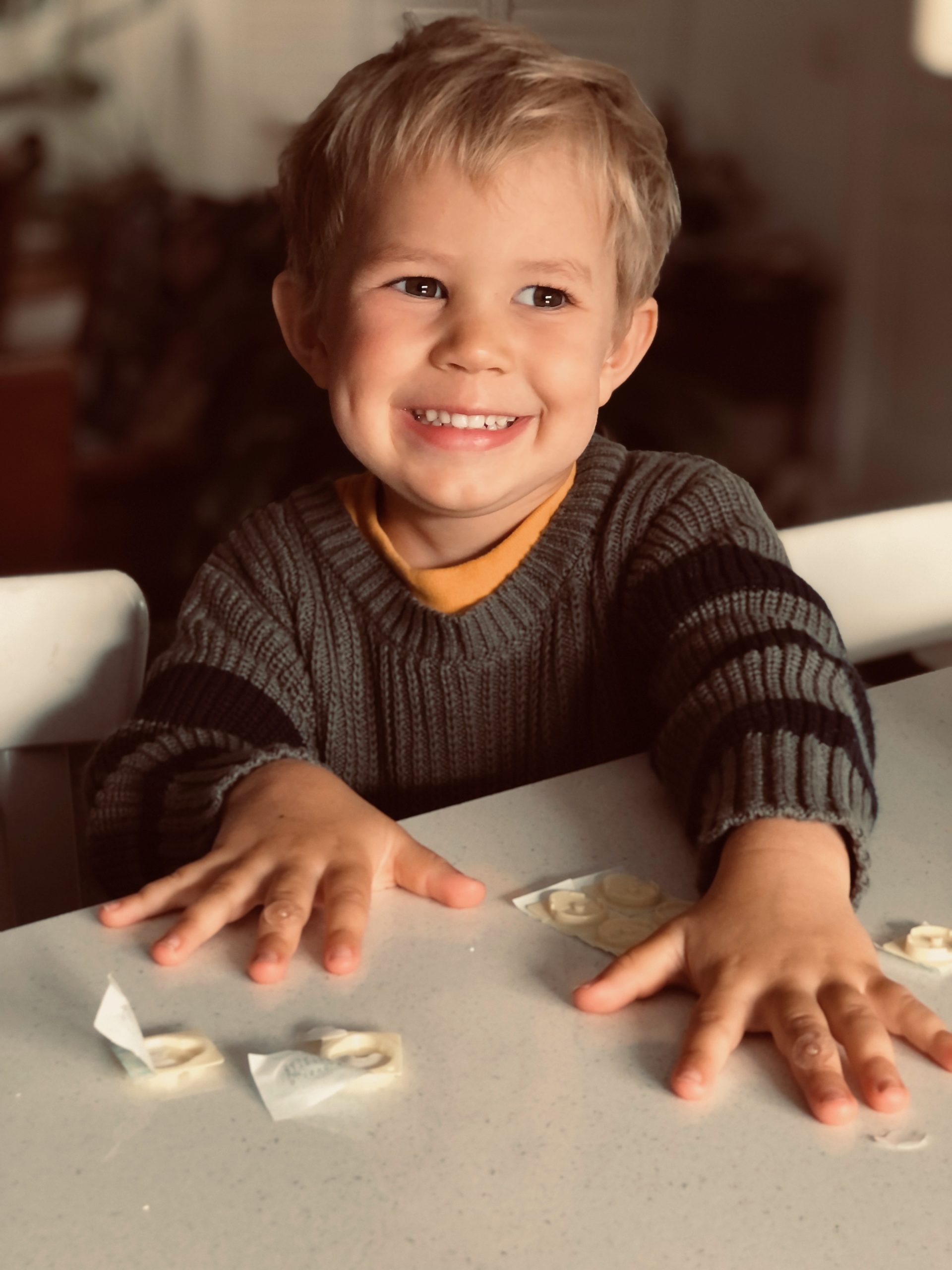The energetic constitution of a child
A child is someone aged anywhere from birth through to 12 years old. According to TCM, childhood corresponds to the wood element and is likened to spring. It is a time when Yang is at its maximum potential, rising and expanding in an upward and outward direction, serving as the motivating force behind vigorous growth and development. At this stage, a child’s Jing Luo system (meridians and collaterals through which Qi flows) is immature compared to that of an adult, as various functions and organs are still developing and in the process of formation.
Due to the child being inherently Yang in nature, Yang Qi can easily become excessive which can lead to liver Qi excess and heart Qi imbalance. In addition, onset of an illness is often sudden and symptoms tend to progress and transform rapidly. Yin, on the other hand, is relatively deficient in children, and this can be seen in the vulnerability of the more Yin organs (Spleen, Lung and Kidney) as discussed below.
Deficient Spleen Qi – Spleen governs transportation and transformation, and the ascension of clear Qi. Since a child utilises significant amounts of spleen Qi to nourish their rapidly growing bodies, the spleen is inherently deficient. In addition, incessant food intake and/or consumption of too much rich foods could further weaken the spleen and lead to the accumulation of phlegm dampness. Complications of weak spleen Qi can include – vomiting, abdominal pain/bloating, diarrhoea, constipation, malabsorption, organ prolapse etc.
Deficient Lung Qi – Lung governs Qi and controls respiration. It also controls the skin and regulates Wei (defensive) Qi. Wei Qi is often weak in children, which makes them more vulnerable to the external invasion of pathogenic factors. Symptoms due to deficient lung Qi can include – cough, runny nose, phlegm accumulation, chills/fever, wheezing, allergies, general weakness etc.
Deficient Kidney Qi – Kidney governs water and controls the opening and closing of the lower orifices. It stores Jing essence, which supports growth and development, and sexual maturation. Kidney governs the bones and gives rise to marrow (brain is the sea of marrow). It also controls the grasping and holding down of respiratory Qi. In children, dysfunction of kidney Qi can manifest as – bed wetting, dyspnea, asthma, delayed growth, cognitive developmental problems etc.
Excess Liver Qi – Liver governs dredging and draining, and ensures that Qi flows freely and smoothly. Imbalances caused by food accumulation or emotional stress from family can disturb the smooth flow of Qi leading to symptoms such as – headaches, irritability, stubbornness, disturbed sleep etc. Excess liver Yang can give rise to internal wind and fire which can manifest as tics, uncontrollable outbursts of anger, convulsions etc.
Unstable Heart Qi – The heart houses the Shen-spirit and governs consciousness, intelligence and mental activities. It also regulates emotions and provides direction and guidance for growth. Excess heat can disturb heart Qi leading to symptoms such as –agitation, restlessness, rapid change of emotions, lack of attention, disturbed sleep, night crying, being easily startled etc.
Acupuncture is a great modality for children
Acupuncture can positively influence a child’s health by helping to strengthen the spleen, lung and kidney Qi which are often deficient, as well as soothe the liver and heart to address emotional and mental disturbances.
The use of acupuncture is more straightforward in children than it is in adults, and since Qi is more dynamic and vibrant in children, response to treatment is generally quicker. Here are some differences in the use of acupuncture in children as compared with adults:
- Less needles – 1 to 4 points in children.
- Short (0.5 cun) and extremely fine (0.12-0.16 mm diameter) needles – they are so fine sometimes the child does not feel it at all.
- No or short needle retention time – In younger children, needles are withdrawn immediately after insertion and stimulating Qi, whereas they are retained for longer (up to 15 mins) in older children.
- Treatment is usually 1-2 times a week depending on the condition.
Often parents are concerned that their child might not be able to accept needles. An acupuncturist who has experience with children will be able to build a sense of trust and collaboration with the child, ensuring that the child is at ease throughout the whole treatment process.
Author:
Dr Rachel Woo (TCM)
Morningside Acupuncture & Natural Therapies Healing Sanctuary
Disclaimer: Advice on this site is not a substitute for advice from a medical practitioner. If you have concerns, consult your medical practitioner first.

